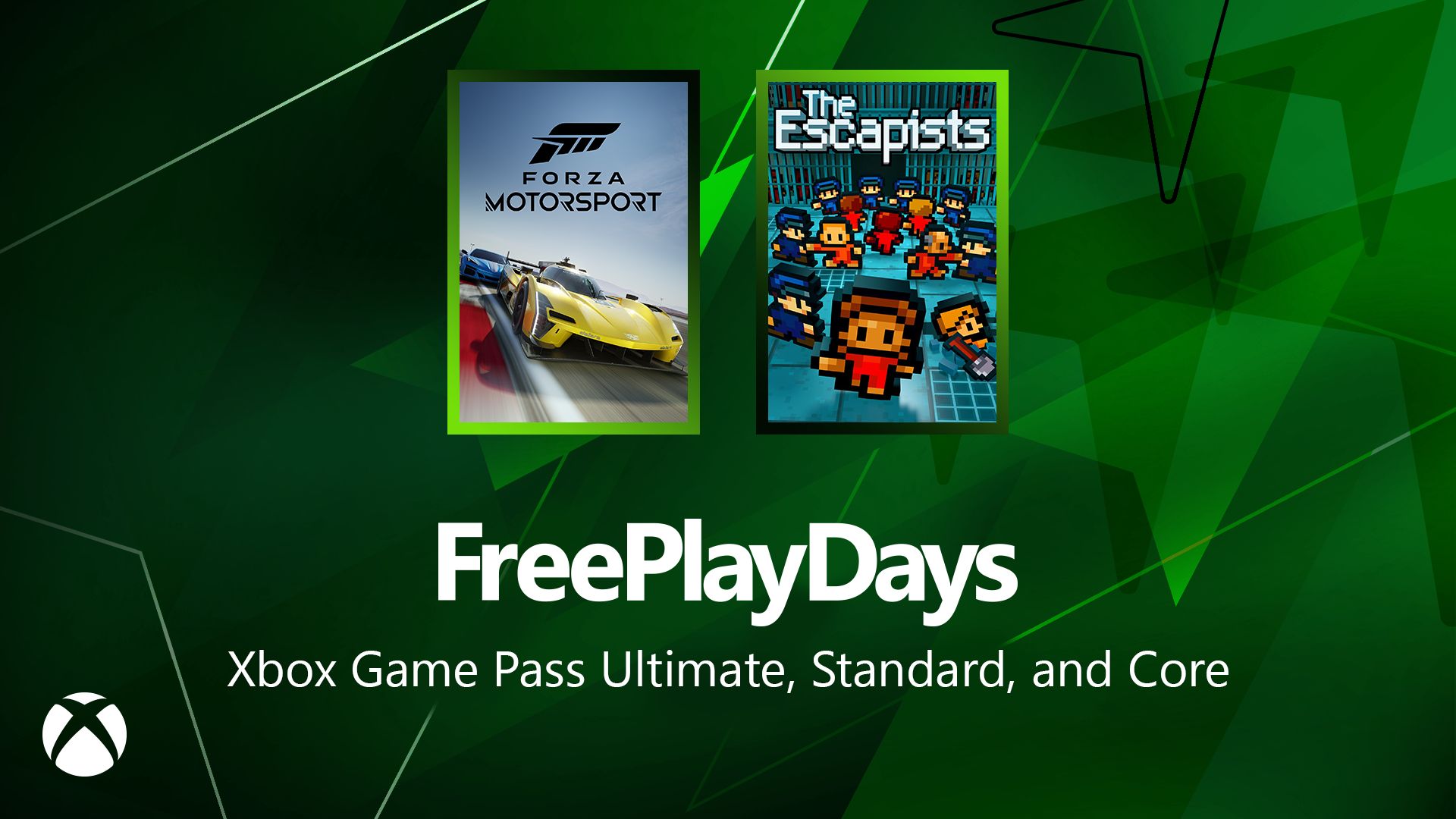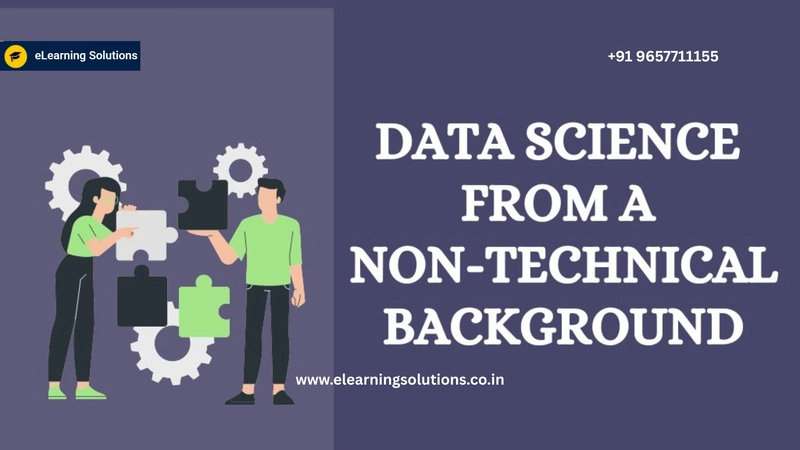AI Meets Off-Page SEO: Smarter Link Building and Social Strategies
Building backlinks. Choosing the right social platforms. Running outreach. Staying consistent. These things matter, but they often pull your time and attention away from other priorities. And while they’re essential for building authority and visibility, they can be exhausting to manage manually. This post is part of our ongoing blog series inspired by the book SEO with AI. And today, we’re zooming out from your website to focus on everything that happens off the page — where AI can make a surprising difference in your results and your workflow. Rethinking Off-Page SEO with AI Off-page SEO isn’t just about backlinks anymore. It’s about reputation, reach, and relationships. But that doesn’t mean you have to tackle it all from scratch. With AI in the mix, you can rethink the way you approach these strategies — streamlining the tedious parts and making smarter choices about where to focus. Whether you’re prospecting for high-quality link opportunities, choosing which social platforms will actually move the needle for you, or trying to maintain momentum without burning out, AI can help. Let’s break down how. Building backlinks — without burning out Link building is one of those SEO tactics that everyone knows is important — but few enjoy doing. The traditional process? Hours of research, personalized emails, follow-ups, and tracking. It works, but it’s slow. Instead of starting from a blank spreadsheet, you can use AI tools to: Identify high-authority sites that match your niche Craft personalized outreach emails in seconds Suggest anchor text based on your SEO goals Audit your backlink profile to flag toxic or broken links Some tools go even further, combining prospecting, outreach, and follow-up sequences in one streamlined dashboard. Platforms like Pitchbox, Respona, or BuzzStream use AI to help you scale your outreach without making it feel generic. And newer options like BacklinkGPT or Linkee bring a fresher, more AI-native experience into the mix. Prefer to use general AI chatbots? You can still write an AI prompt like: “Find authoritative blogs in the fitness industry that accept guest posts. Focus on domains with high trust scores and active audiences.” This won’t replace a full SEO toolset — but it’s a strong head start when your time is limited. Choosing the right social platforms — with data, not guesswork Social media has always been a bit of a puzzle in SEO. It doesn’t directly pass link juice, but it does influence your visibility, traffic, and brand awareness. The challenge is knowing where to focus your efforts. Should you be posting Reels on Instagram? Long-form videos on YouTube? Thought leadership posts on LinkedIn? With AI, you don’t have to guess. You can ask tools like ChatGPT or Gemini to analyze: Audience demographics by platform Content performance benchmarks in your niche How likely a platform is to support long-term SEO (via indexing or discovery) Let’s say you’re launching a brand that offers home workout plans. You could feed your business overview and audience info into an AI chatbot and ask: “Which social platforms are best for daily workout videos and fitness guides targeting 25- to 40-year-olds? Prioritize SEO impact and discoverability.” You’d likely get a breakdown that recommends YouTube for evergreen search traffic, Instagram for daily engagement, and Pinterest for long-term visual discoverability. In minutes, you’ll have clear information that could take hours to gather manually. Smarter social media marketing, driven by AI Once you’ve picked your platforms, the real work begins: building a presence, staying consistent, and generating content that gets attention. This is where many SEO strategies lose momentum — because social media takes effort. Luckily, AI can handle a lot of the time-consuming work. With tools like Hootsuite (and its OwlyWriter AI), Sprout Social, or even SEMrush’s social media marketing feature, you can: Generate social posts from long-form content Optimize posts with hashtags and keywords Schedule content across platforms Analyze engagement trends in real time There are even AI tools that specialize in one task — like Lately.ai for content repurposing, Hashtagify for hashtag analysis, or Influencity for finding influencers in your space. What you end up with is not just more posts — but better posts. Content that’s aligned with search intent, audience behavior, and platform norms. And the more you tailor your strategy this way, the more likely your content is to drive meaningful traffic and build SEO value through visibility and engagement. Guided by AI, led by You AI is powerful, but it’s not a substitute for judgment. When it comes to off-page SEO, your strategy still needs a human touch: choosing the right message, building real relationships, and aligning your outreach with your brand. But the manual parts? The repetitive parts? Those won’t weigh you down

Building backlinks. Choosing the right social platforms. Running outreach. Staying consistent. These things matter, but they often pull your time and attention away from other priorities. And while they’re essential for building authority and visibility, they can be exhausting to manage manually.
This post is part of our ongoing blog series inspired by the book SEO with AI. And today, we’re zooming out from your website to focus on everything that happens off the page — where AI can make a surprising difference in your results and your workflow.
Rethinking Off-Page SEO with AI
Off-page SEO isn’t just about backlinks anymore. It’s about reputation, reach, and relationships. But that doesn’t mean you have to tackle it all from scratch. With AI in the mix, you can rethink the way you approach these strategies — streamlining the tedious parts and making smarter choices about where to focus.
Whether you’re prospecting for high-quality link opportunities, choosing which social platforms will actually move the needle for you, or trying to maintain momentum without burning out, AI can help.
Let’s break down how.
Building backlinks — without burning out
Link building is one of those SEO tactics that everyone knows is important — but few enjoy doing. The traditional process? Hours of research, personalized emails, follow-ups, and tracking. It works, but it’s slow.
Instead of starting from a blank spreadsheet, you can use AI tools to:
Identify high-authority sites that match your niche
Craft personalized outreach emails in seconds
Suggest anchor text based on your SEO goals
Audit your backlink profile to flag toxic or broken links
Some tools go even further, combining prospecting, outreach, and follow-up sequences in one streamlined dashboard. Platforms like Pitchbox, Respona, or BuzzStream use AI to help you scale your outreach without making it feel generic. And newer options like BacklinkGPT or Linkee bring a fresher, more AI-native experience into the mix.
Prefer to use general AI chatbots? You can still write an AI prompt like:
“Find authoritative blogs in the fitness industry that accept guest posts. Focus on domains with high trust scores and active audiences.”
This won’t replace a full SEO toolset — but it’s a strong head start when your time is limited.
Choosing the right social platforms — with data, not guesswork
Social media has always been a bit of a puzzle in SEO. It doesn’t directly pass link juice, but it does influence your visibility, traffic, and brand awareness. The challenge is knowing where to focus your efforts.
Should you be posting Reels on Instagram? Long-form videos on YouTube? Thought leadership posts on LinkedIn?
With AI, you don’t have to guess. You can ask tools like ChatGPT or Gemini to analyze:
Audience demographics by platform
Content performance benchmarks in your niche
How likely a platform is to support long-term SEO (via indexing or discovery)
Let’s say you’re launching a brand that offers home workout plans. You could feed your business overview and audience info into an AI chatbot and ask:
“Which social platforms are best for daily workout videos and fitness guides targeting 25- to 40-year-olds? Prioritize SEO impact and discoverability.”
You’d likely get a breakdown that recommends YouTube for evergreen search traffic, Instagram for daily engagement, and Pinterest for long-term visual discoverability. In minutes, you’ll have clear information that could take hours to gather manually.
Smarter social media marketing, driven by AI
Once you’ve picked your platforms, the real work begins: building a presence, staying consistent, and generating content that gets attention. This is where many SEO strategies lose momentum — because social media takes effort.
Luckily, AI can handle a lot of the time-consuming work.
With tools like Hootsuite (and its OwlyWriter AI), Sprout Social, or even SEMrush’s social media marketing feature, you can:
Generate social posts from long-form content
Optimize posts with hashtags and keywords
Schedule content across platforms
Analyze engagement trends in real time
There are even AI tools that specialize in one task — like Lately.ai for content repurposing, Hashtagify for hashtag analysis, or Influencity for finding influencers in your space.
What you end up with is not just more posts — but better posts. Content that’s aligned with search intent, audience behavior, and platform norms. And the more you tailor your strategy this way, the more likely your content is to drive meaningful traffic and build SEO value through visibility and engagement.
Guided by AI, led by You
AI is powerful, but it’s not a substitute for judgment. When it comes to off-page SEO, your strategy still needs a human touch: choosing the right message, building real relationships, and aligning your outreach with your brand.
But the manual parts? The repetitive parts? Those won’t weigh you down anymore.
With the right tools and a few well-structured prompts, you can get hours of work done in a fraction of the time — and still keep your standards high.
So if link building and social media have been the parts of SEO you avoid… it might be time to take another look at them.
This article is a summary of Mastering SEO with AI: Enhance Your SEO Productivity by D-Libro.




















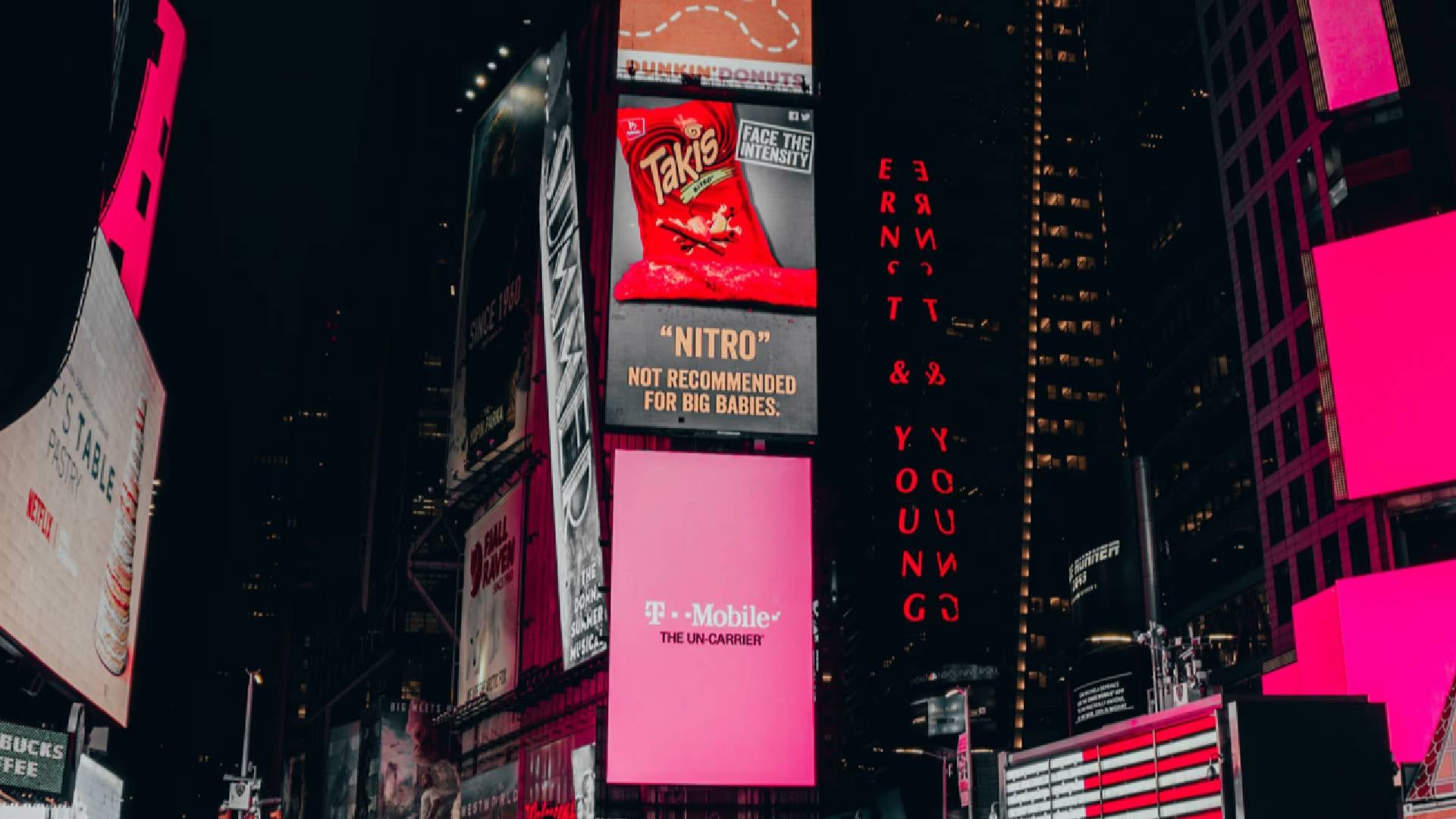





























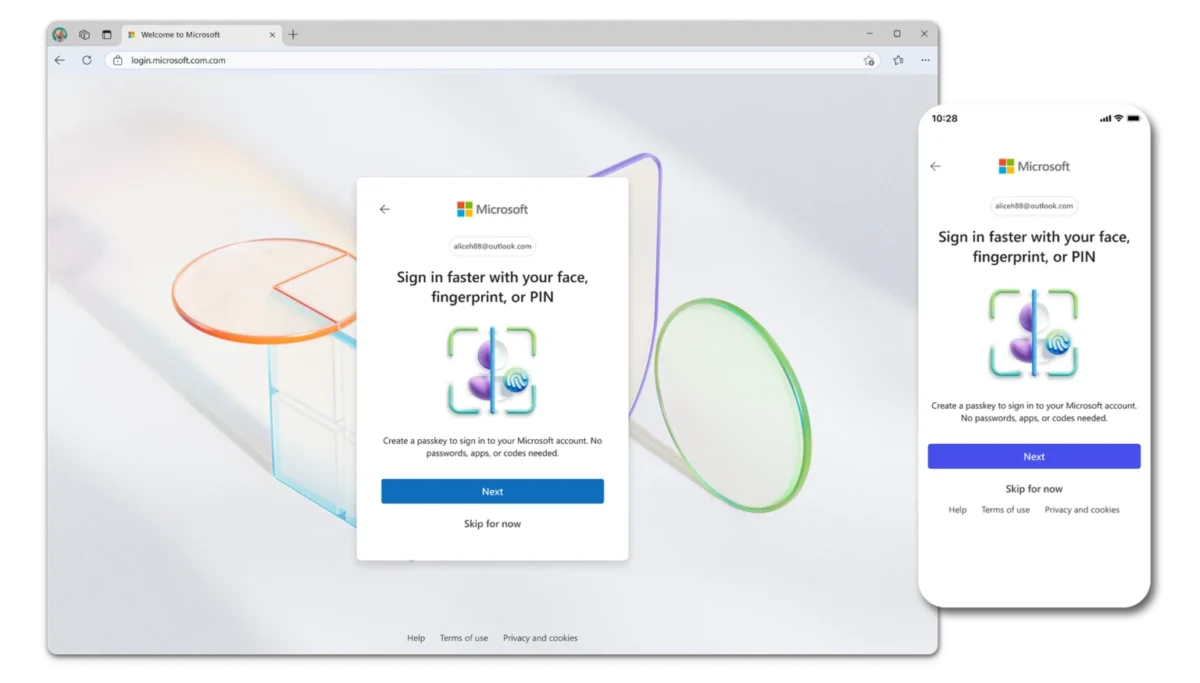
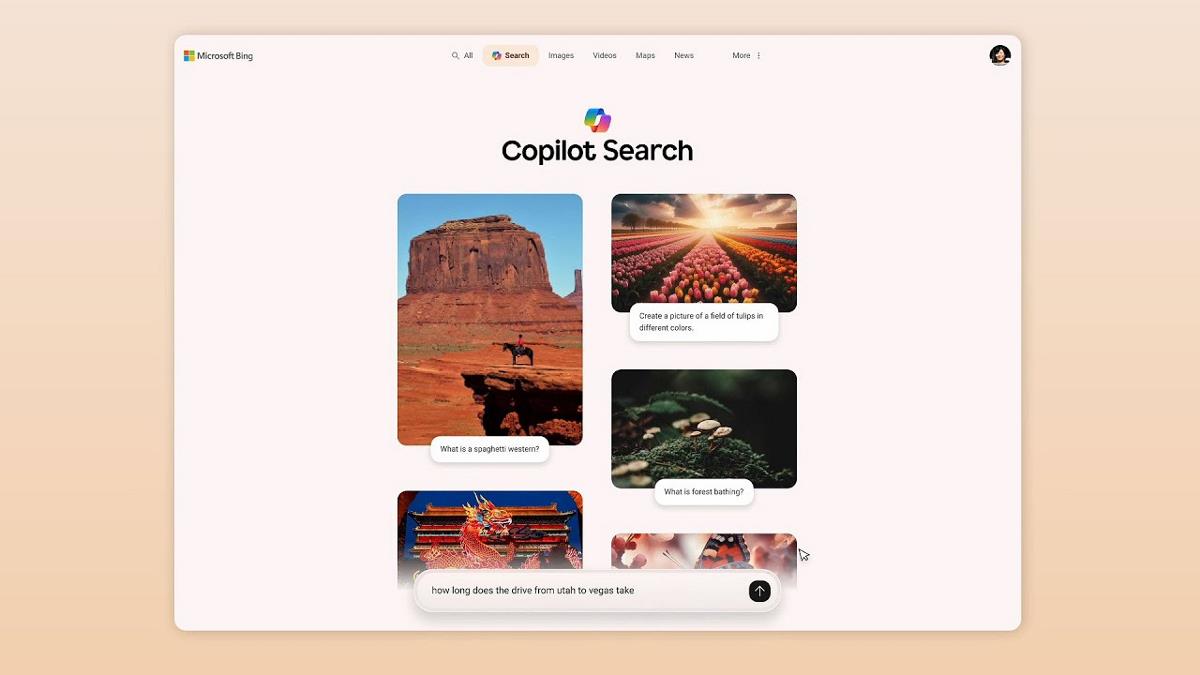
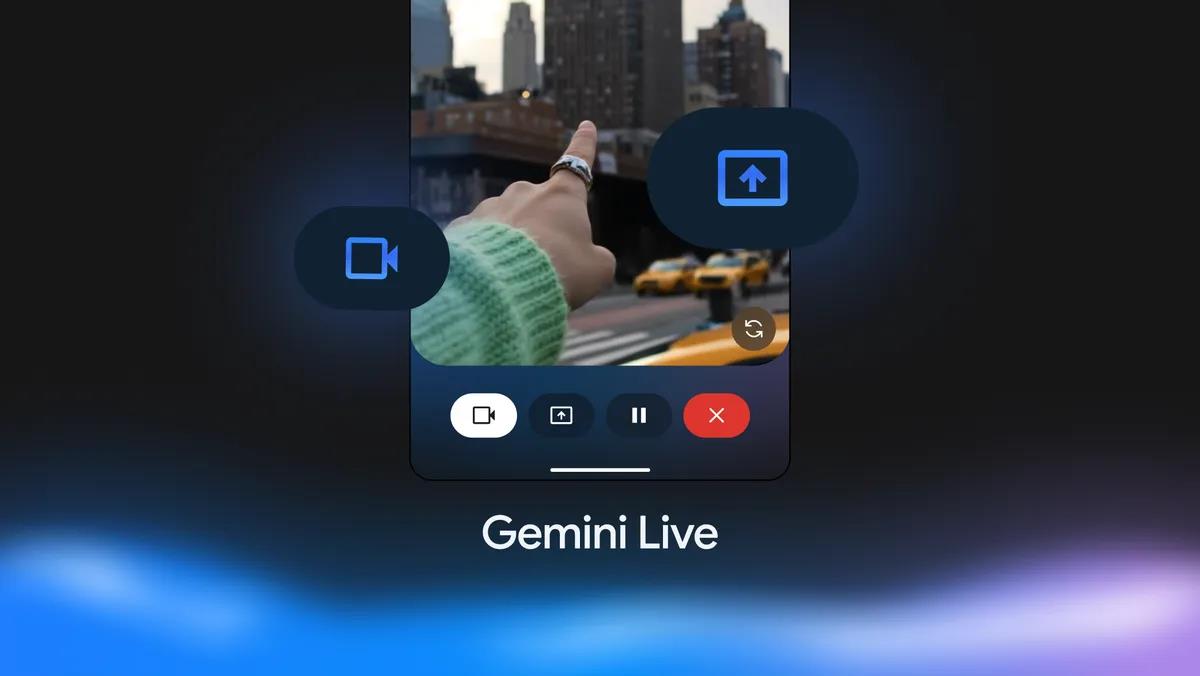





















![New Apple iPad mini 7 On Sale for $399! [Lowest Price Ever]](https://www.iclarified.com/images/news/96096/96096/96096-640.jpg)
![Apple Developing Battery Case for iPhone 17 Air Amid Battery Life Concerns [Report]](https://www.iclarified.com/images/news/97208/97208/97208-640.jpg)
![Apple to Split iPhone Launches Across Fall and Spring in Major Shakeup [Report]](https://www.iclarified.com/images/news/97211/97211/97211-640.jpg)
![Apple to Move Camera to Top Left, Hide Face ID Under Display in iPhone 18 Pro Redesign [Report]](https://www.iclarified.com/images/news/97212/97212/97212-640.jpg)




















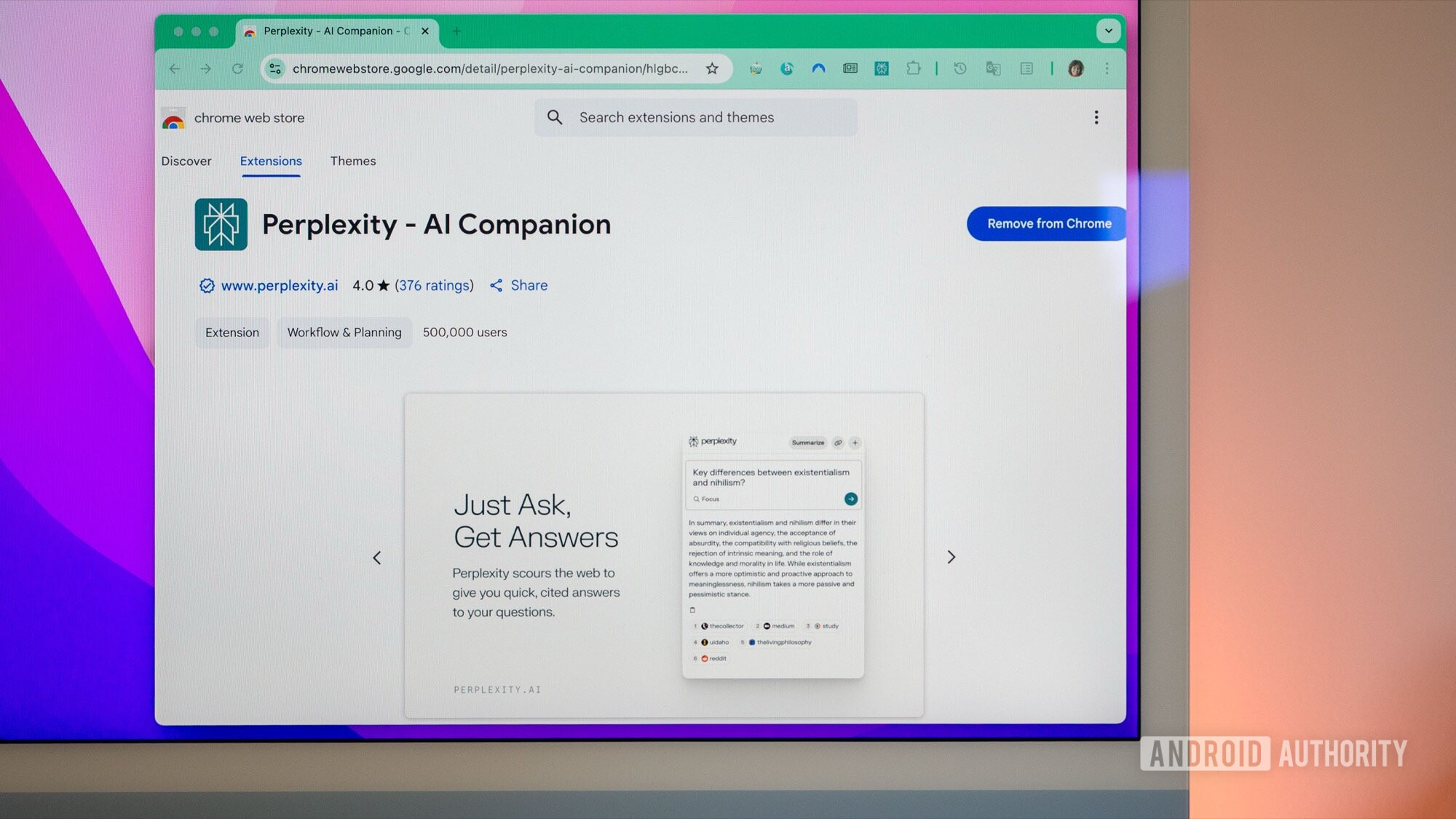

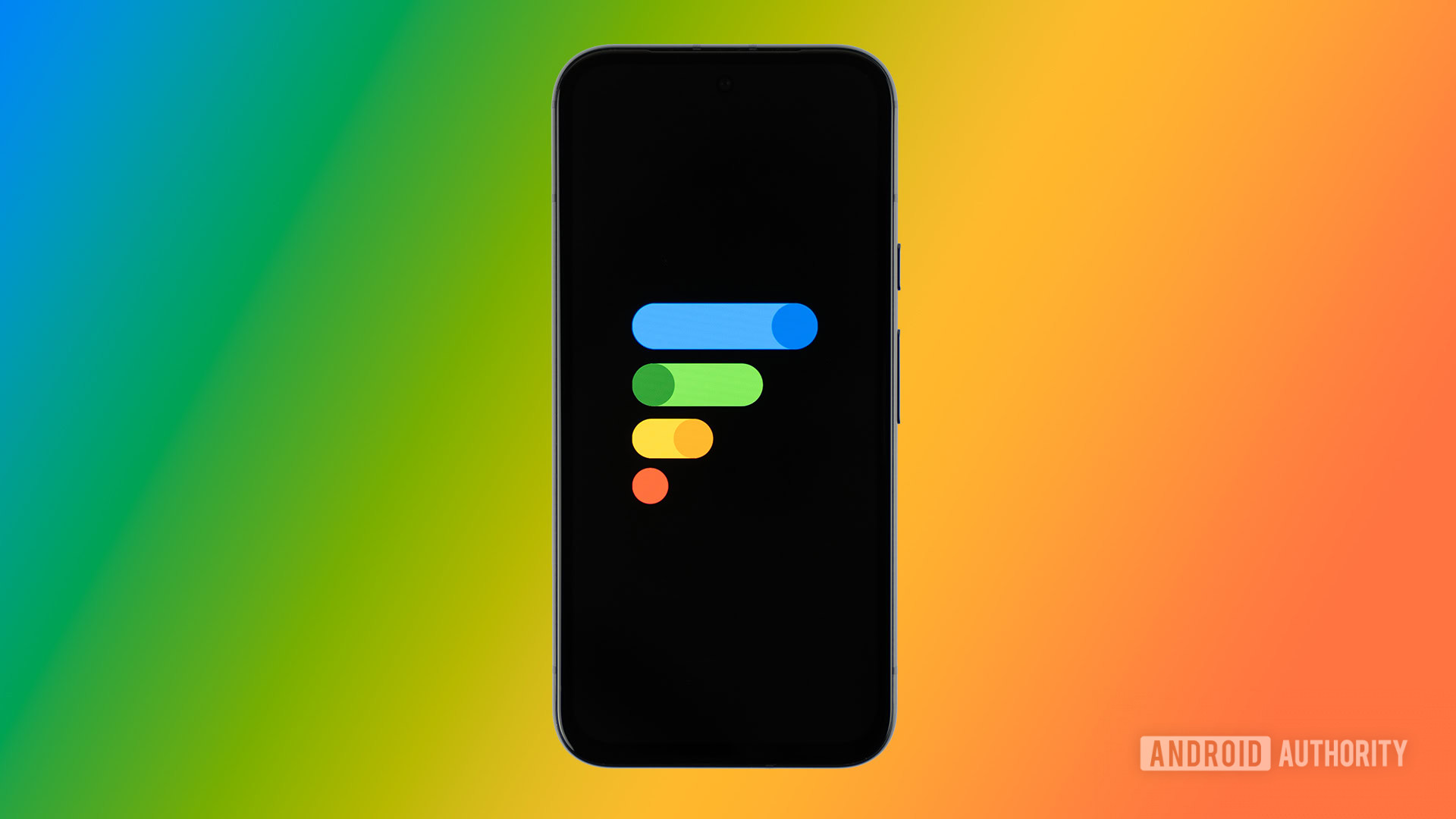



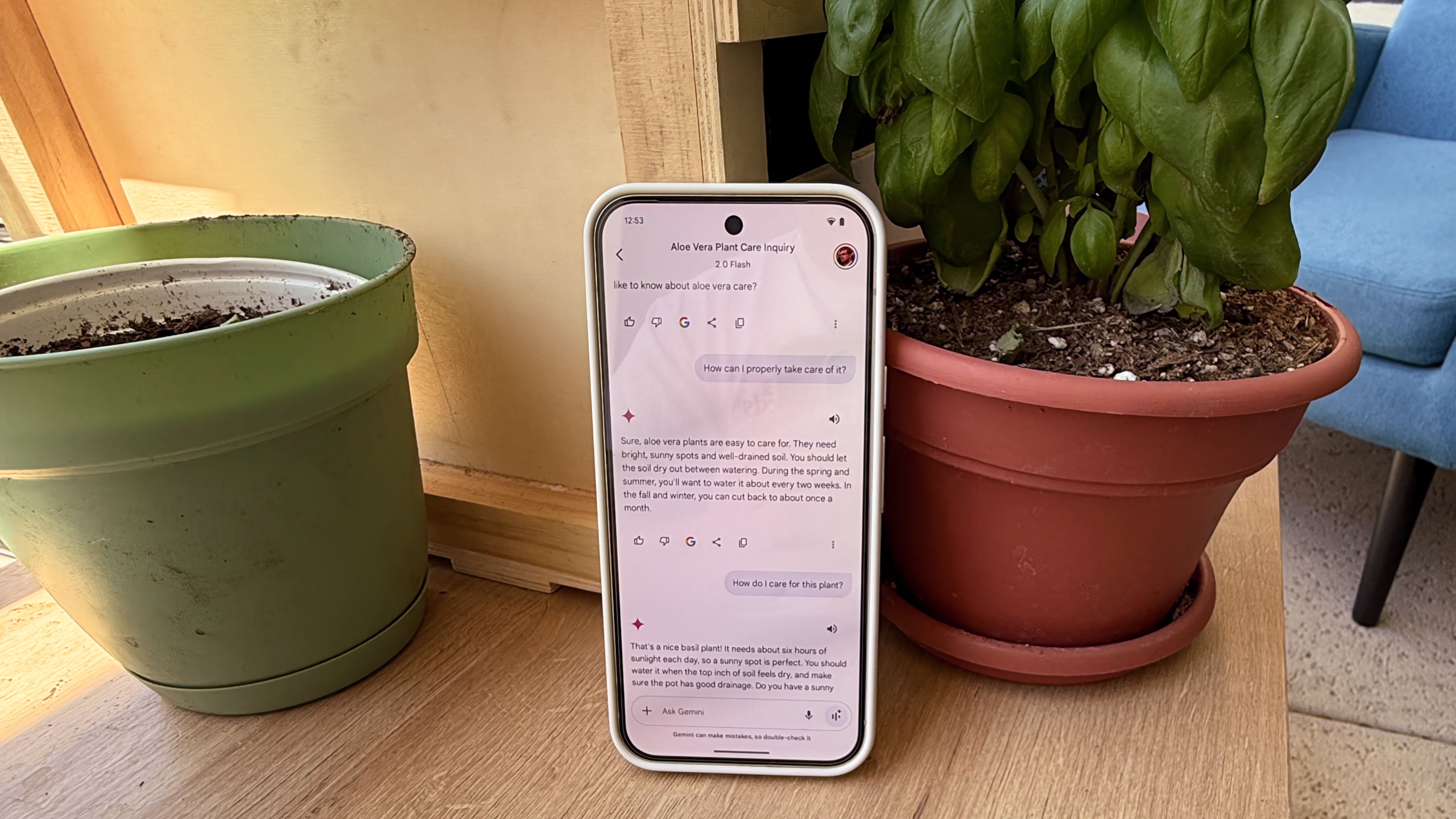




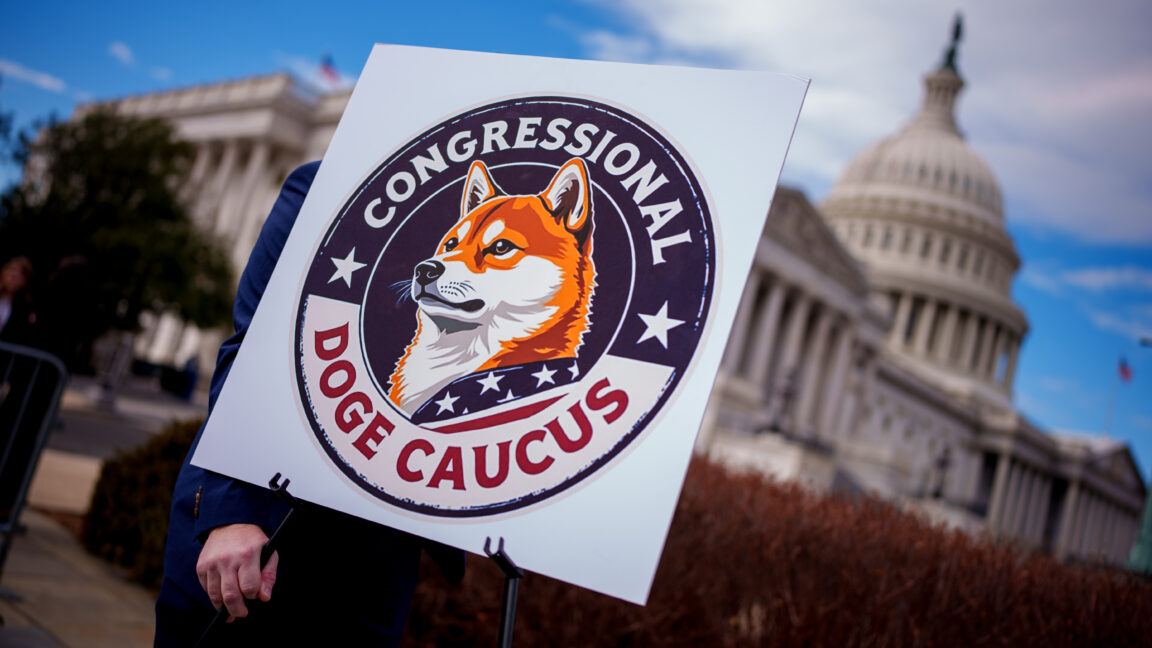















































































_Inge_Johnsson-Alamy.jpg?width=1280&auto=webp&quality=80&disable=upscale#)




























































































































![[The AI Show Episode 145]: OpenAI Releases o3 and o4-mini, AI Is Causing “Quiet Layoffs,” Executive Order on Youth AI Education & GPT-4o’s Controversial Update](https://www.marketingaiinstitute.com/hubfs/ep%20145%20cover.png)





















































































































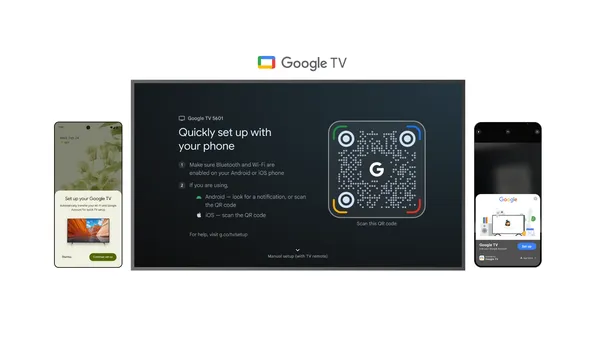



















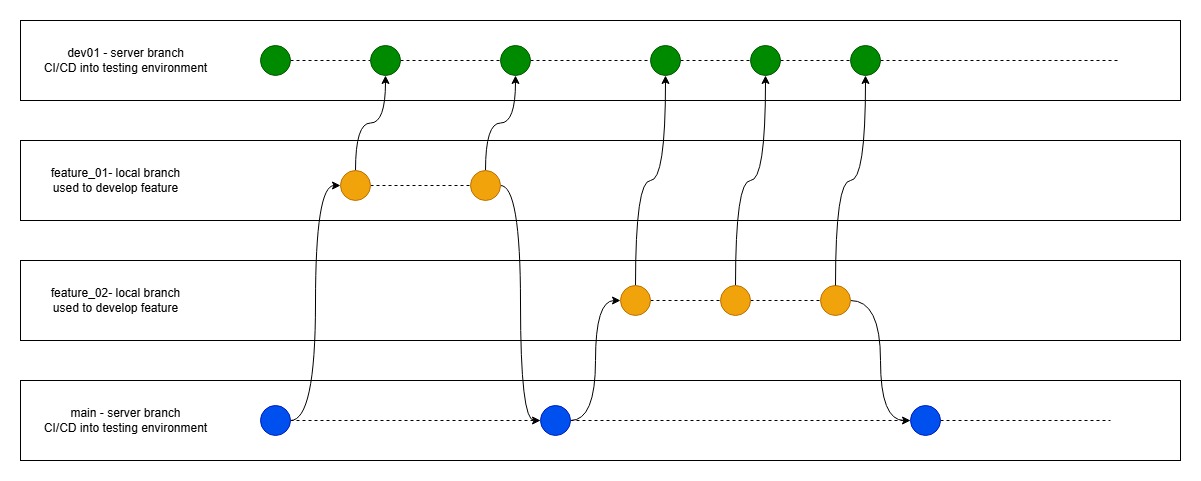







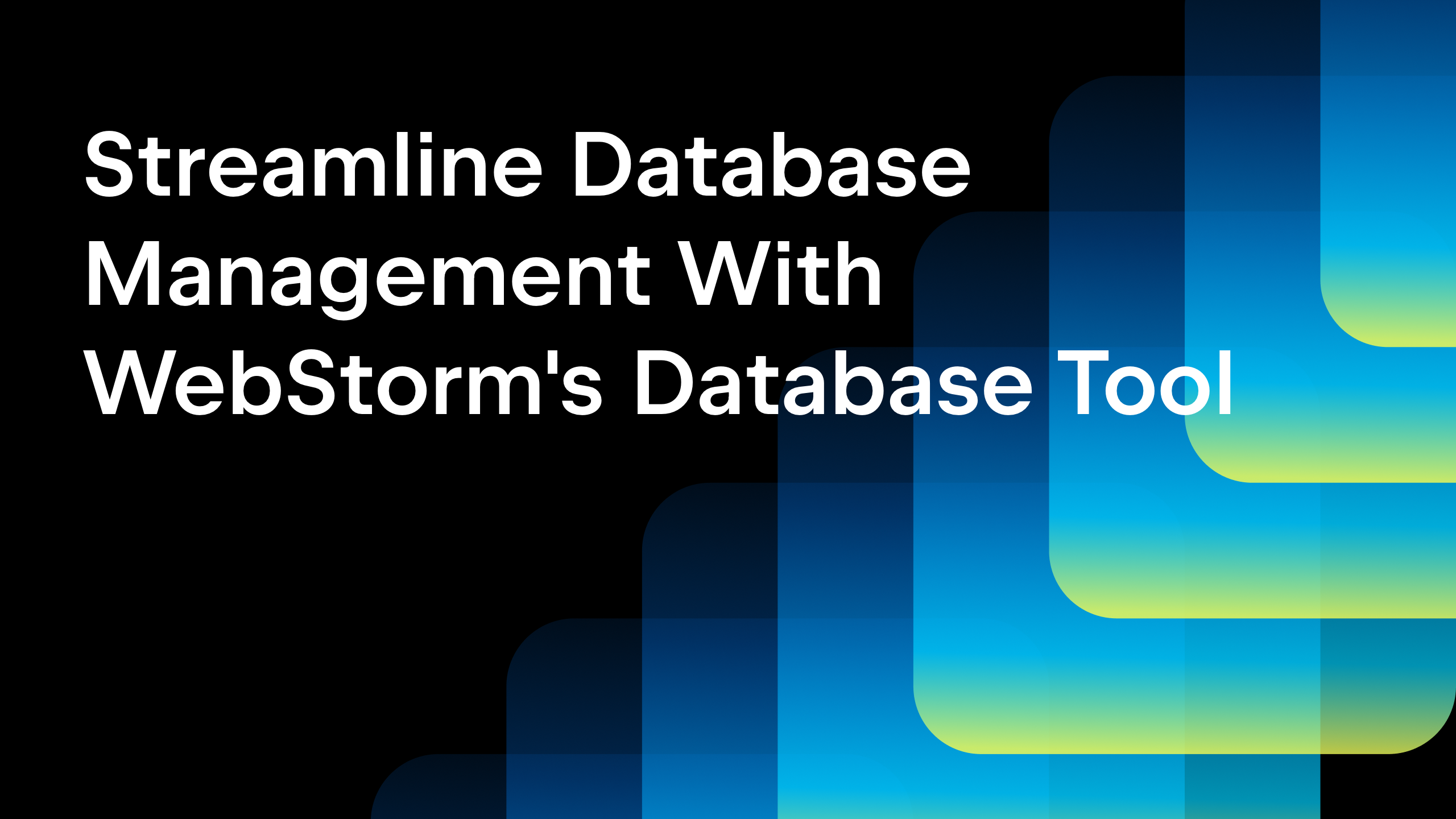












![From Art School Drop-out to Microsoft Engineer with Shashi Lo [Podcast #170]](https://cdn.hashnode.com/res/hashnode/image/upload/v1746203291209/439bf16b-c820-4fe8-b69e-94d80533b2df.png?#)

![[DEALS] Microsoft 365: 1-Year Subscription (Family/Up to 6 Users) (23% off) & Other Deals Up To 98% Off – Offers End Soon!](https://www.javacodegeeks.com/wp-content/uploads/2012/12/jcg-logo.jpg)





























































